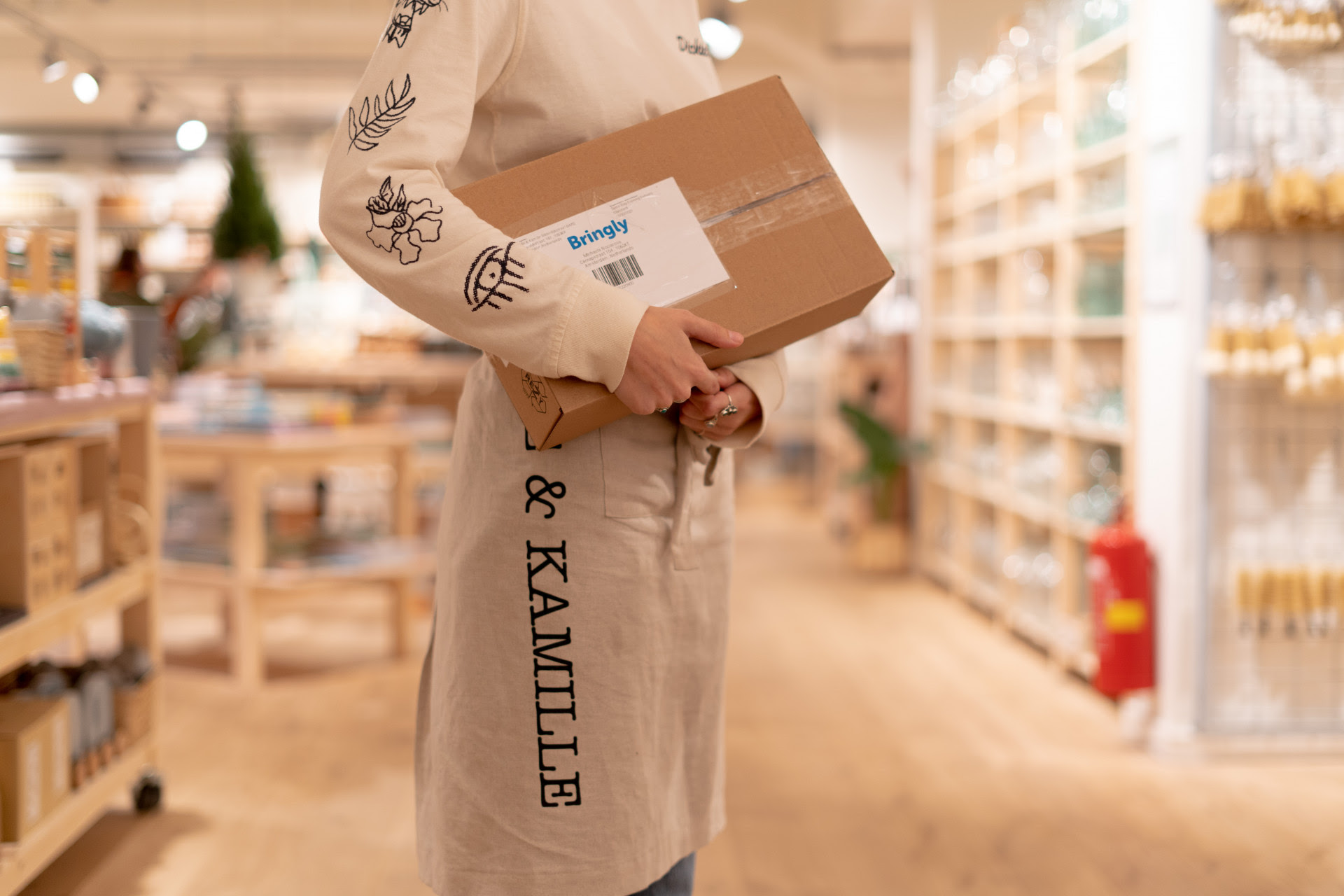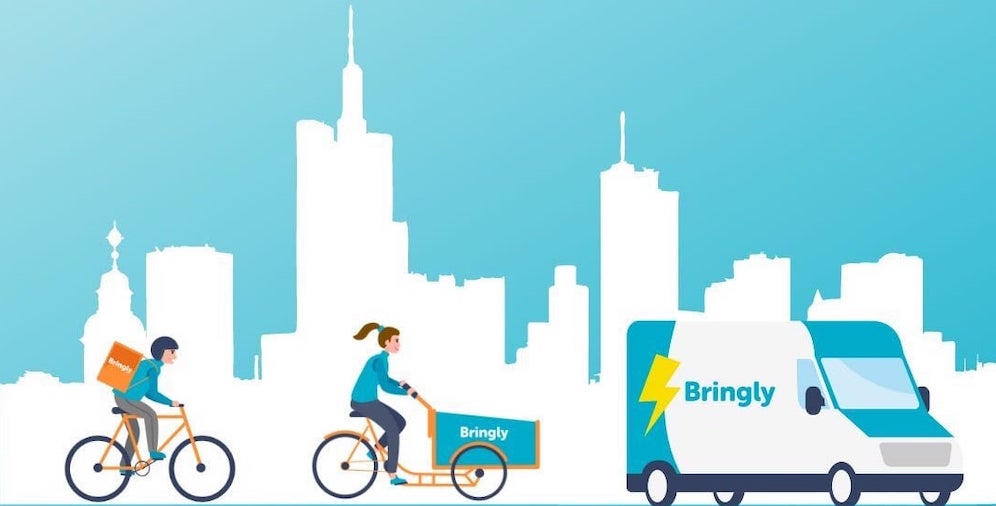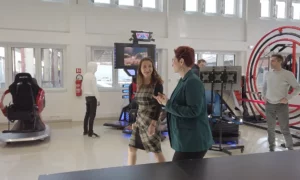(Editor’s note: This post on the Dutch tech scene is part of our Tech Tuesday series. Also, TestGorilla was misspelled in the original version.)
We focus on Eindhoven for many reasons, but mainly because it’s the deep-tech hub of Europe. Oh, and it’s home to the two most valuable semiconductor companies in Europe. But there are multiple cities with hot startup scenes, most prominently Amsterdam. Then, there’s Delft, the tech capital, with a lot of Medtech coming out of Groningen and Nijmegen and AgTech coming out of Wageningen University & Research.
First the bad news ….
According to the report, Dutch startups and scale-ups are struggling to raise capital right now – 480 million euros in venture capital in Q3 2022, compared to 1.5 billion euros in Q3 2021. The good news is, plenty of startups are raising serious money right now. Eindhoven-based Axelera AI just raised a $27 million A round.
Now, the better news: Larger companies are acquiring early-stage Dutch companies.
Oslo-based Visma, a SaaS startup, announced on 26 October that it has acquired Utrecht-based SaaS scale-up OutSmart (previously WerkbonApp). The Norwegian company did not disclose the financial details of the acquisition.
This post will be updated as we see more startups.

Amsterdam
Sustainable logistics, a concept that is a potential winner in the impact investing niche.
Sustainable shipping platform Bringly created software for sharing sustainable capacity of the various connected carriers, increasing efficiency and decreasing emissions.
Sustainable logistics according to Bringly means sustainable carriers – serving the same segment with similar delivery services – working together, according to a news release we got.
Bringly’s software makes it possible to share, combine or exchange orders and capacity to “optimize the delivery options of affiliated sustainable carriers, ensure and improve service levels, reduce delivery costs and reduce inefficiencies on the road,” according to the release. Bringly’s focus is on carriers with demonstrably sustainable transport (mainly bicycles and electric vehicles). Affiliated (web) shops include MediaMarkt, Dille & Kamille and The Body Shop. So, they already have an impressive client lineup.
Honestly, we’ve never thought much about the impact of delivery vehicles crisscrossing urban centers, but this guy has. “The current situation is not sustainable and there is great pressure on municipalities to regulate delivery traffic with smart access management or to even stop delivery traffic from entering residential areas and city centers,” said Dr. Walther Ploos van Amstel, lecturer in City Logistics at the Amsterdam University of Applied Sciences. “Collaboration on delivery is then the solution. Web shops have a leading role in this as a client.
“Collaboration does mean that the companies must be prepared to share their data about the delivery among themselves.” And that could be an issue, but investors include Shamrock, based in Amsterdam.
TestGorilla landed a $70 million A round earlier this year. Which is a lot of money. But what makes this different is, the round was backed by Balderton Capital and Atomico, two London-based mega-VCs. As you know, Balderton started as Benchmark, a Sand Hill Road VC. And Atomico is the fund started by Niklas Zennström with his exit from Skype.
All that’s nice, but what makes TestGorilla stand out is they address a fundamental problem … the war for talent. The software tries to eliminate hiring biases by screening applicants for actual skills, reasoning ability, values and personality traits rather than CV highlights, which are often – well, let’s say it – “embellished.” Sony, PepsiCo, Bain & Company, Oracle, Revolut and H&M are clients.
Flying driverless cars and encrypted, untraceable currency are cool. But sometimes, it’s the more prosaic ideas that turn out to be really valuable. Take YourCampus in Amsterdam. They built a software platform that allows employees to choose their benefits, something easier to do in Europe than in the United States, but we’ll see.
The idea is that a flexible, digitized plan will be more attractive to talent than old-fashioned fixed plans. Because healthcare is socialized in Europe, the benefits we’re talking about are more reward-centric, such as gyms, supplemental pension plans and home-office setups. What we Americans would call “perks.”
Launched in November 2021, the HRtech startup already has more than 100 companies using its platform. Yes, in one year. And the goal is to have 1 million users by 2025. We’re thinking that kind of growth is why YourCampus just landed 2.7 million euros in a Series A round.
Delft
IMSystems
The European Innovation Council has invested 9 million euros in IMSystems to commercialize its Archimedes Drive. Archimedes Drive is a highly precise speed reducer technology which is fundamental to enabling the creation of more accurate robotic technologies.
This is not new technology, developed at Technical University of Delft back in the mid-2010s. As you can see in the video above, the Archimedes-inspired technology does away with conventional gears and uses smooth rollers in a special housing.
American Jack Schorsch is founder and CEO of IMSystems and inventor of the Archimedes Drive. “With this fund, the European Innovation Council recognizes the importance of investing in robotic technologies, which is vital for the growing demand of high precision industrial automation,” Schorsch stated in a news release. IMSystems will use this funding to further commercialize the Archimedes Drive and enter new markets.
The European Commission selected innovative deep tech startups after this year’s second EIC
Accelerator cut-off in June. A total of 232 companies were interviewed by EIC juries out of a total of more than 1,000 applications. The jury panel consists of industry leading experts, investors and entrepreneurs throughout Europe. They thoroughly examine and evaluate each proposal provided by SME’s.
Cultivated meat pioneer Meatable just signed a deal with Singapore-based ESCO Aster, the world’s only licensed cultivated meat manufacturer, to become a cultivated pork producer in Singapore. Meatable is getting a lot of publicity in TechCrunch, Euronews and other outlets.
Meatable’s approach is different from American faux meat producers that use plants to make simulated meat.
Meatble goes the test-tube route, taking cells from cows or pigs and replicating fat and muscle growth and their tagline is, “It’s not like meat; it is meat.” CEO and founder Daan Luining has a background in cell molecular biology and tissue engineering. Luining helped to make the first lab-grown burger in 2013.
This is a bit of the right idea at the right times because conventional meat production causes endless problems from animal cruelty to emissions. To that end, the Dutch government is investing 60 million euros in “cellular” agriculture, and we’re guessing Meatable will be a recipient. And it doesn’t hurt that Meatable raised 47 million in 2021 from a group of investors, including DSM.
–––––––––––
See more about Europe’s tech scene here in the Dispatches archives.
Co-CEO of Dispatches Europe. A former military reporter, I'm a serial expat who has lived in France, Turkey, Germany and the Netherlands.















